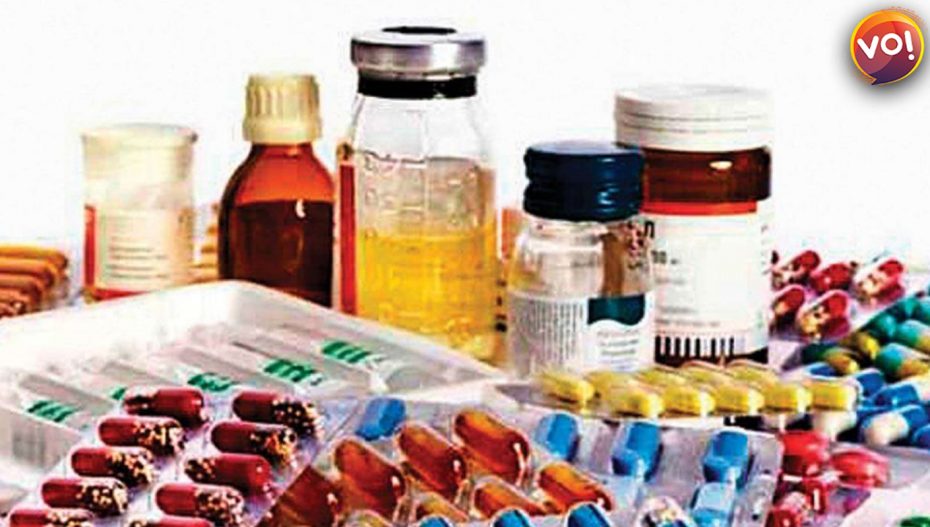Since the COVID-19 lockdown, Gujarat has witnessed an investment of ₹2,000 crores in 115 new manufacturing plants licensed for making drugs and API (active pharmaceutical ingredients). Gujarat’s pharmaceutical scenario is flourishing at lightning speed by reducing its import dependence. The pharma industry is taking baby steps with one revolutionary innovation at a time.
Currently, the import dependence of APIs of pharma companies is on their Chinese coequals. Dr. HG Koshia, Commissioner of the food and drugs control department (FDCA), said that there are 3,415 pharma companies, and only 1,567 make bulk drugs. He informed the media that the department issued a license to 288 companies this year. Among these, 40% make APIs.
MSMEs eager to produce APIs
As the new units come up, the dependence of pharma companies on bulk drugs of vitamins, antibiotics, and steroids shall reduce drastically. The API park arrival shall open up opportunities for substantial investments. According to Gujarat FDCA, until 2019-20, the average number of new APIs was only 30 per annum.
Experts suggest that as indigenous API production increases in Gujarat, the rates of medicines shall also come down.
Extant pharma industries make APIs like cephalosporins, steroids, inorganic salts, proton pump inhibitors, analgesics, and antipyretics.
Pharma companies also manufacture anti-inflammatory drugs like paracetamol, diclofenac sodium, aceclofenac, ibuprofen, anti-hypertensives, anti-diabetics, and antivirals. Companies import all these drugs to key industry players.
Shrenik Shah, chairman of the Indian Drug Manufacturing Association, said that the current API manufacturers are small or medium-scale companies. The upcoming companies shall augment capacities and offer a range of APIs.
MSMEs are monitoring the industries and looking for opportunities to produce high-value products. Not only this, the central government has presented the Production Linked Incentive (PLI) scheme for starting materials and drug intermediates.












